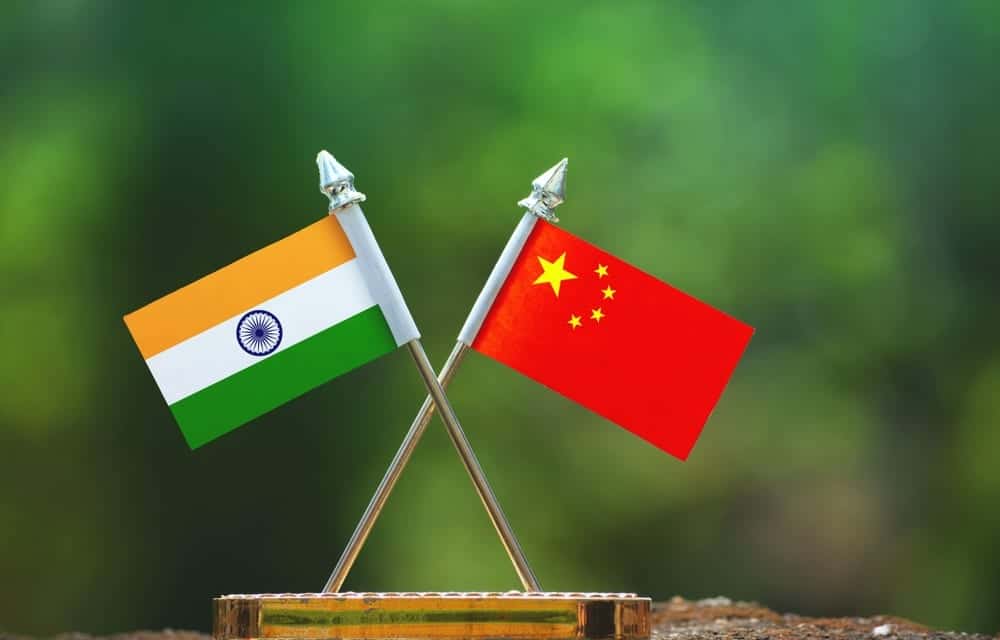New Delhi (Agency): Tibetan exiles in India have decided not to hold any protests against the Chinese presence during the upcoming G20 Summit. This decision stems from the news that Chinese President Xi Jinping will not be attending the summit. Dawa Tsering, a member of the Tibetan Parliament in Exile, explained the rationale behind the decision and expressed concerns about Xi’s actions towards Tibetans.
Tsering noted that the intention was to stage a movement during the G20 Summit if Xi Jinping were to attend. He highlighted that since Xi Jinping assumed power, he has been provoking the Indian government and people, while simultaneously suppressing Tibetan culture and language. Tsering lamented the treatment of Tibetan children and criticized Xi for preventing them from studying their own language. He described these actions as a form of cultural genocide and compared Xi unfavorably to Mao Zedong.
When asked about potential protests against the presence of a Chinese representative at the summit, Tsering clarified that protests were only considered if Xi Jinping were present. He urged the Indian government and delegations from South Asian countries at the G20 meeting to stand against China’s expansionist policies. He also called for boycotting Chinese goods and emphasized the importance of supporting local products.
While discussing the possibility of a government ban on Chinese products in India, Tsering acknowledged the diplomatic complexities involved and suggested that individuals should take the lead in boycotting Chinese goods. He shared his personal commitment to this cause and stressed the need for grassroots efforts to drive change.
Regarding The Dalai Lama’s statement about Tibetan autonomy within China, Tsering emphasized that the primary concern for the Tibetan people is to preserve their culture and identity. He noted that Tibet’s lack of international recognition and the risk of losing their culture make autonomy within the Chinese constitution a more viable option.
